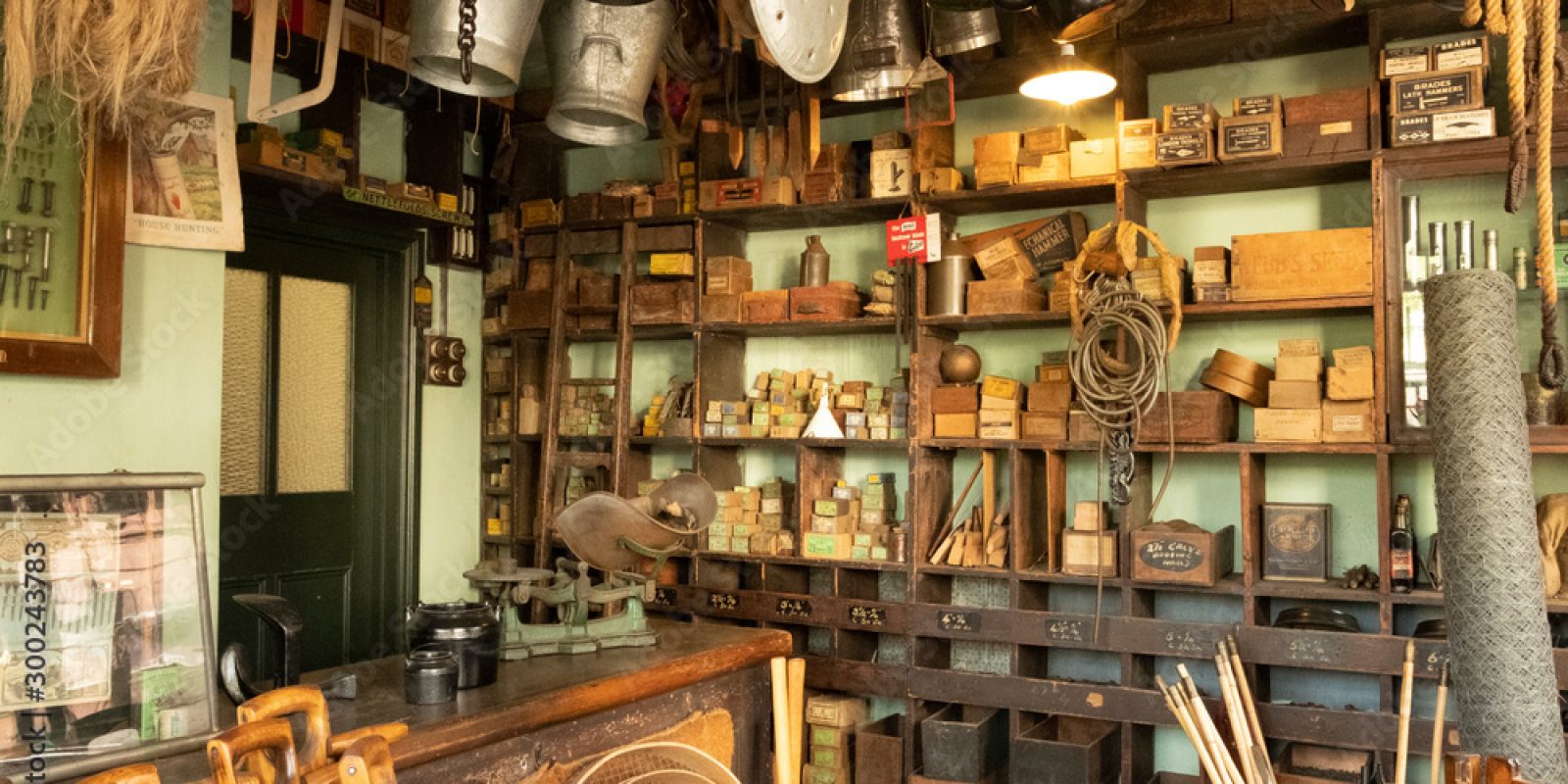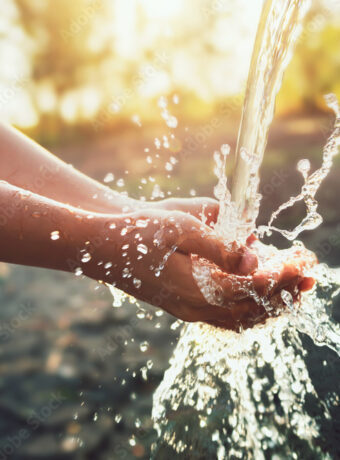I know, yet another eco-happy blog, ugh. But I promise that is not what this is. It’s more of a place for me to compile the results of all my down-the-rabbit-hole research into things big and small.
Here’s how it usually goes. Something comes up that I need, either as a mom, a woman, or a human. And what follows is a semi-neurotic search for the best possible choice. What makes it the best possible? Any number of things could be quality, price, or origin. I care deeply about the environment and the health of my family. Yet, I am also a skeptic and am always on the lookout for greenwashing.
Here are a few of the subjects I’ve dived deep into (Click on the Link to read More)
Clothing
Eco-friendly, recycled fabrics — everywhere you look, companies are trying to convince us their products are healthier for us and the planet. But is that true? A t-shirt made with organic cotton might be better for the health of both the consumers and the growers. Still, if it’s produced in a traditional fast fashion factory, it can’t be said to be better for the workers. Just looking at fabric content isn’t enough.
Eco Alf:
https://ecoalf.com
“Because there is no Planet B” – EcoAlf takes sustainability to a new level, using plastics from the world’s Oceans to create the fabrics used in their clothing and shoe lines.
Pact:
https://wearpact.com
Pact is an organic clothing company partnered with “Give Back Box” to allow customers to reuse their shipping boxes for clothing donations.
Thrift Store Shopping
A polyester shirt made from recycled plastic bottles is still a polyester shirt. It will still take eons to break down once it makes its way into the landfill. While textile recycling is becoming more available, it has yet to become mainstream. Alternatively, shopping at brick-and-mortar or online second-hand stores is a wonderful way to not only save money but help save the planet by keeping clothes out of landfills.
Personal Hygiene
Menstruation is one of those topics that rarely gets discussed and yet affects more than half the planet. The stigma surrounding talking about periods and all things menstrual has declined recently, yet it still makes people uncomfortable (me included, to be honest). The significant impact of menstruation on women often gets overlooked or lost because of this stigma. The direct result of socio-economic privilege is the ability to keep menses from negatively affecting one’s day-to-day life. To do so requires access to hygiene products and being fortunate enough to live in a society that does not restrict one’s social interactions based on their monthly cycle.
[I explore this subject more in this article…]
There is also an environmental impact associated with traditional menstrual hygiene products that we must address. For example, materials that are toxic to humans and the environment have been found in single-use products such as tampons and pads.
Several companies are working to address these inequities.
Cora:
https://cora.life
Cora offers natural menstrual products, including organic cotton tampons, reusable cups, and panties. They also pledge a part of every sale to help disenfranchised individuals access the necessary resources.
Period:
https://period.co
Period is a company seeking to replace all single-use period products with comfortable, reusable options that work and are safe for the environment and the humans who wear them.
The Honeypot:
https://thehoneypot.co/
The Honeypot is a woman-owned company focusing on plant-derived feminine care products. They also donate 2% of their sales to organizations that provide access to products and education for “humans with vaginas” across the globe.
Homegoods
Access to clean sanitation is one of those things that I have always taken for granted. But, let’s face it, toilets and sanitation are rarely at the top of anyone’s conversation list. Toilet paper did have its brief 60 minutes of fame at the beginning of the Covid pandemic, thanks to nationwide shortages and subsequent hoarding. For a relatively short period, thousands of people across the country experienced a tiny part of what the majority of the world experiences all the time — where toilet paper and the toilet to use it with are challenging to find.
Who Gives A Crap:
http://whogivesacrap.com
Who Gives A Crap is a certified B-corp company that makes bamboo and recycled toilette paper available on a subscription basis. You can also get tissue paper and paper towels. Each roll is individually wrapped in artistically patterned paper — no plastic here! But what makes this company stand out is its mission to address over 2 billion people worldwide without access to safe sanitation. They donate over 50% of their profits to provide access to clean water and toilets around the globe.
© 2022, Angela Smith. All rights reserved.



